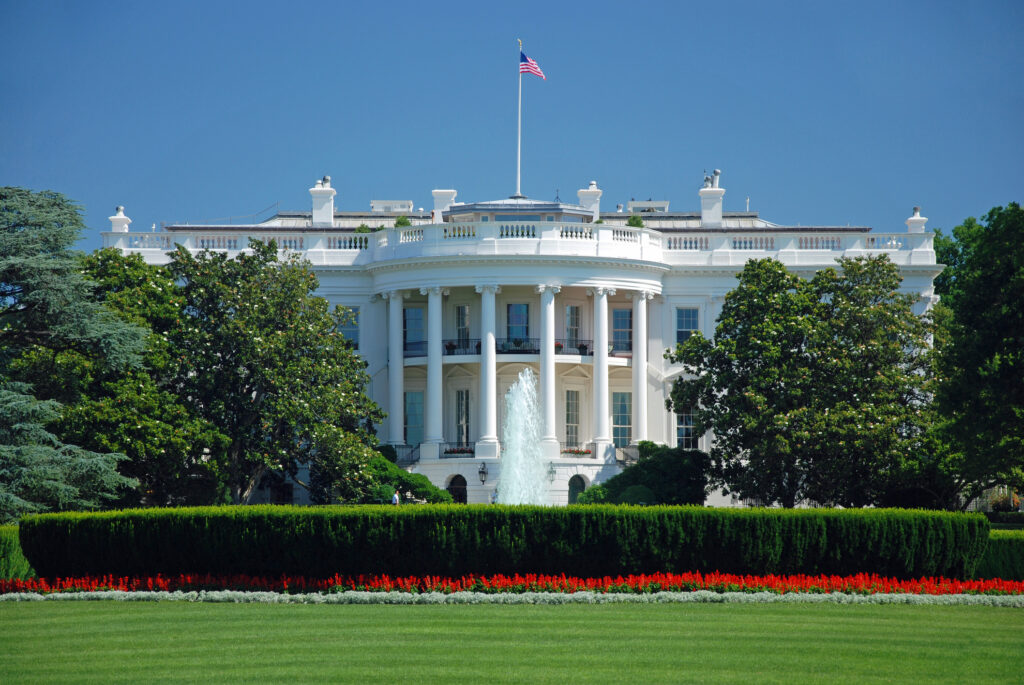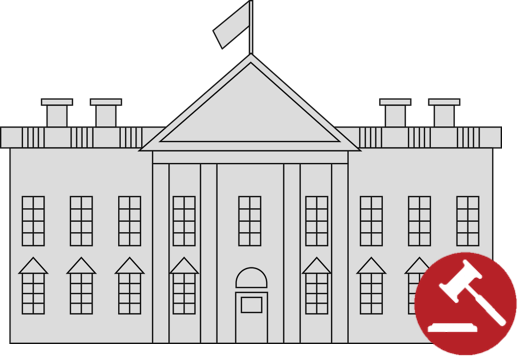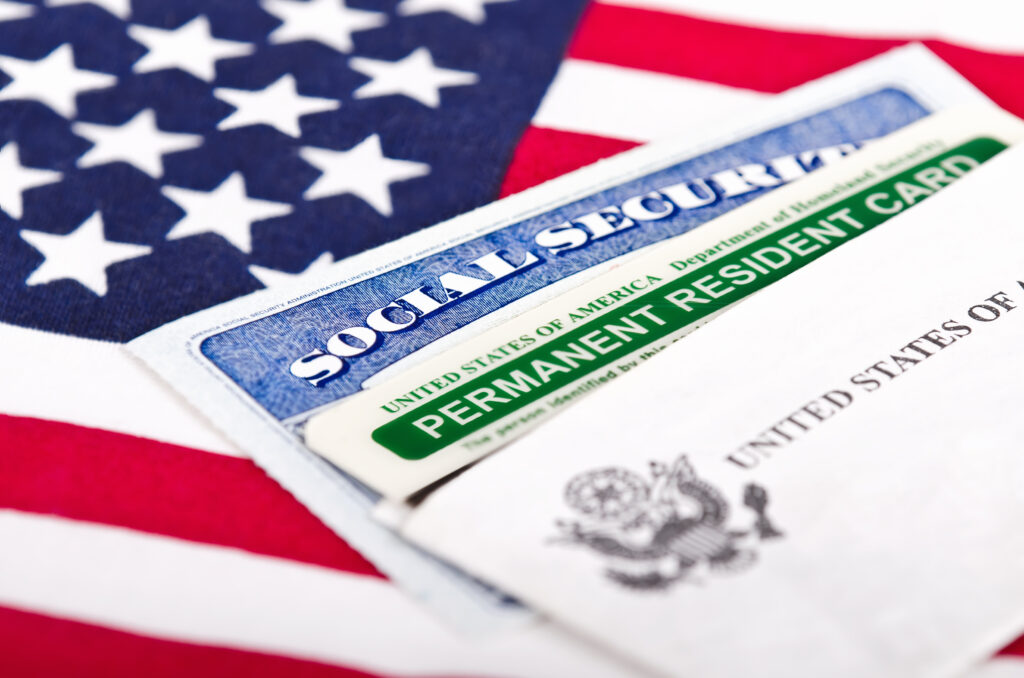
U.S. House Passes Tax Bill Impacting Canadian Businesses
Posted on May 26th, 2025 in Cross-border Tax

On Thursday, May 22, the U.S. House of Representatives narrowly passed President Trump’s “One, Big, Beautiful Bill” with a vote of 215–214. Among its provisions is Section 899, which targets what the U.S. considers “discriminatory or unfair taxes” imposed by foreign governments—specifically, Canada’s Digital Services Tax (DST).
Under Section 899, tax rates on Fixed, Determinable, Annual, or Periodic (FDAP) income and Effectively Connected Income (ECI) from foreign entities in “discriminatory countries” will increase incrementally. The tax will rise by 5% annually, reaching a maximum of 50%. However, foreign companies with more than 50% of voting rights or value owned by U.S. persons are exempt from this provision. More details on FDAP income can be found here.
A key concern is the bill’s potential impact on the Canada-U.S. tax treaty, which could significantly raise withholding tax rates for Canadian corporations and individuals with U.S.-sourced FDAP income or ECI. For instance:
- Canadian individuals currently face a 15% withholding tax on dividends received from U.S. securities; under Section 899, this rate could escalate to 50% over time.
- Canadian corporations currently subject to a 5% withholding tax on dividends from U.S. subsidiaries would also see that rate increase to 50%.
The bill now awaits Senate approval and presidential sign-off, with the White House anticipating President Trump will sign it into law by July 4.
At this stage, it remains uncertain whether this provision is a negotiation strategy by the U.S. administration or whether Canada will reconsider its DST to avoid the adverse tax consequences of Section 899. Our cross border tax team continues to monitor developments and will provide updates as the situation evolves.
Have any questions?
Drop us a line, we look forward to hearing from you.





